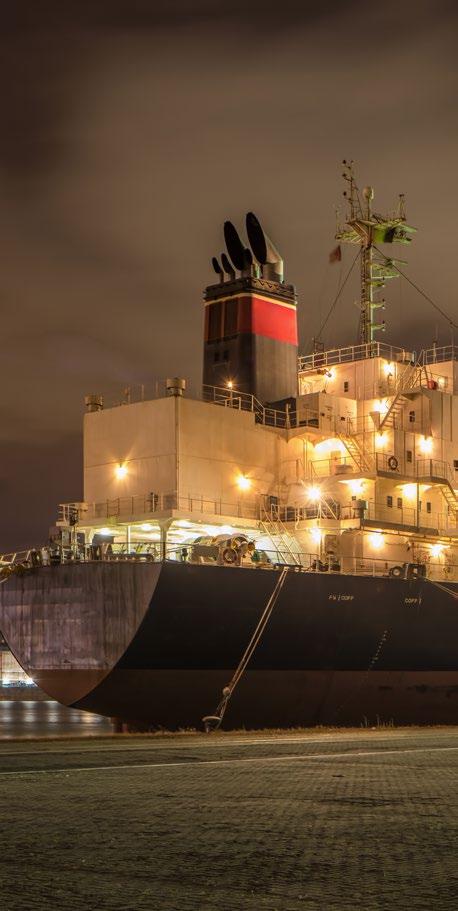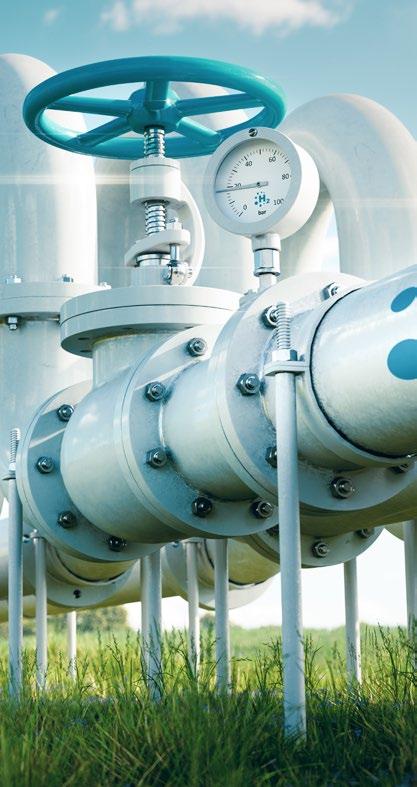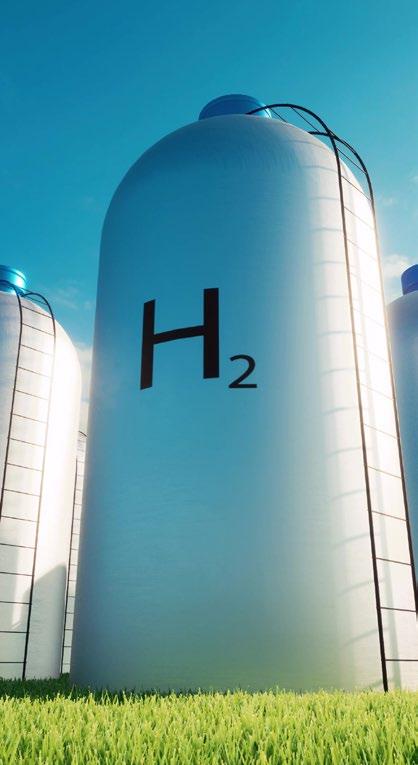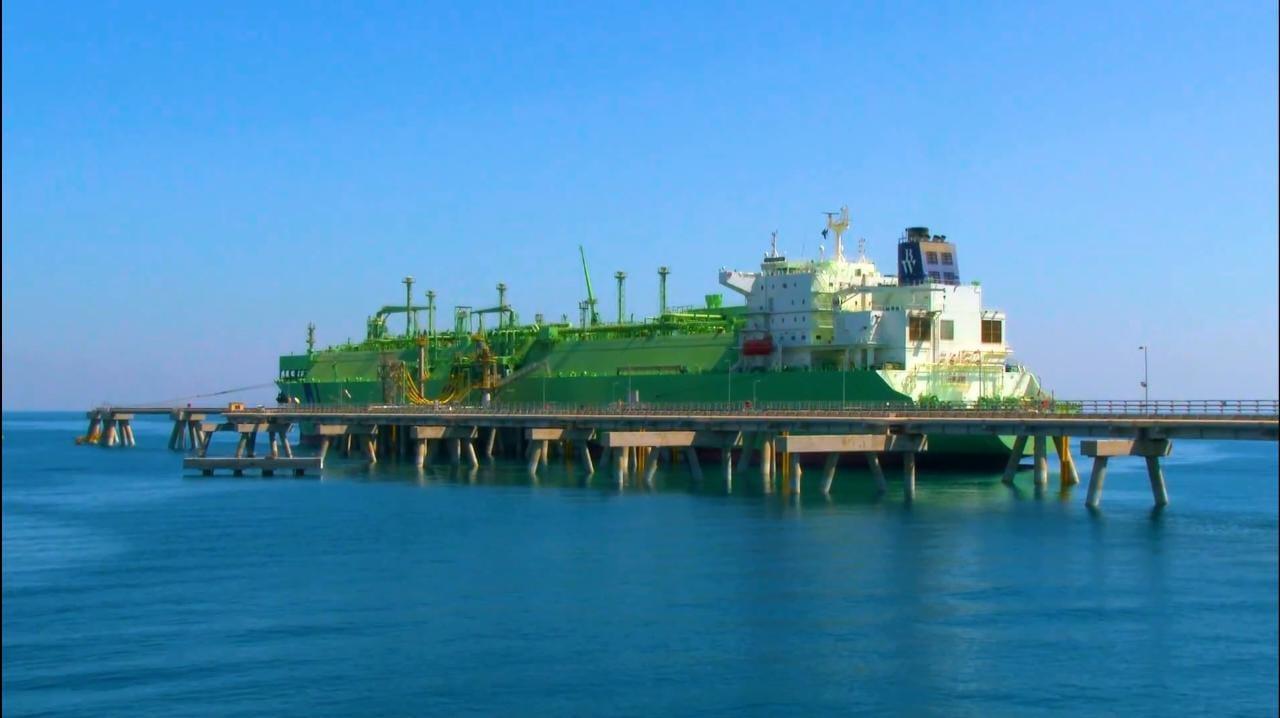
1 minute read
A CUP OF SEA: EGYPT’S WATER DESALINATION JOURNEY
There is no doubt about how essential water is to life, society, and the well-being of any country. Seawater is also one of the most especially important non-traditional water resources in light of climate change, the nation’s population explosion, and expanding economic activities. With the immobility of Egypt’s share of the Nile water, which amounts to 55.5 billion cubic meters per year and the decrease in the per capita share of water to 600 cubic meters annually, this is the battle that Egypt is waging to achieve comprehensive and sustainable development in line with Egypt's Vision 2030. This is especially essential since the global per capita rate is 1000 cubic meters per year.
Producing one meter in water desalination plants needs up to 15,000 Egyptian pounds in investments , and the cost of establishing one desalination plant is equal to four times the cost of establishment of a regular water purification plant. Desalination plants inside Egypt are used for drinking only, and not for agriculture, so the aim of establishing water desalination plants is to rationalize the consumption of the Nile River water and to provide Nile water for use in agriculture.
Advertisement
The immobility of Egypt's share of water for decades, considering the continuous increase in water needs resulting from population growth, is a matter of great urgency and requires an immediate search for new mechanisms to benefit from seawater. This is especially since agriculture consumes about 80% of Egypt's share of water and 10% is directed only from the river water for drinking purposes. Another 10% of water is used for commercial purposes and other activities. Egypt aims to produce 1 billion cubic meters of desalinated water until 2037, which is sufficient for the needs of its growing population during this period.
The desalination plant construction should mainly have the following systems, including the seawater intake system, pretreatment system, seawater desalination RO system, energy recovery system, chemical dosing system, CleanIn-Place (CIP) system, and Programmable Logic Controller (PLC) system.
Egypt is working on implementing many new projects to develop and operate projects for water desalination, sewage treatment, and recycling of agricultural drainage - in support of the state's policy for rational water management with the possibility of using alternative and renewable energy in these projects to reduce the environmental footprint and the cost of consumed energy.
Water scarcity may be the greatest threat to humanity today and the biggest obstacle to economic development in the future, which requires that countries around the world unite and focus their efforts on achieving water security. This can be realized through allocating the required resources to accomplish this goal and strengthening collective action at the level of states, institutions, and international non-governmental organizations in the areas of water sustainability, especially in the water desalination industry.
Mohamed Atia
Process Engineer at Egyptian Refining Company (ERC)









